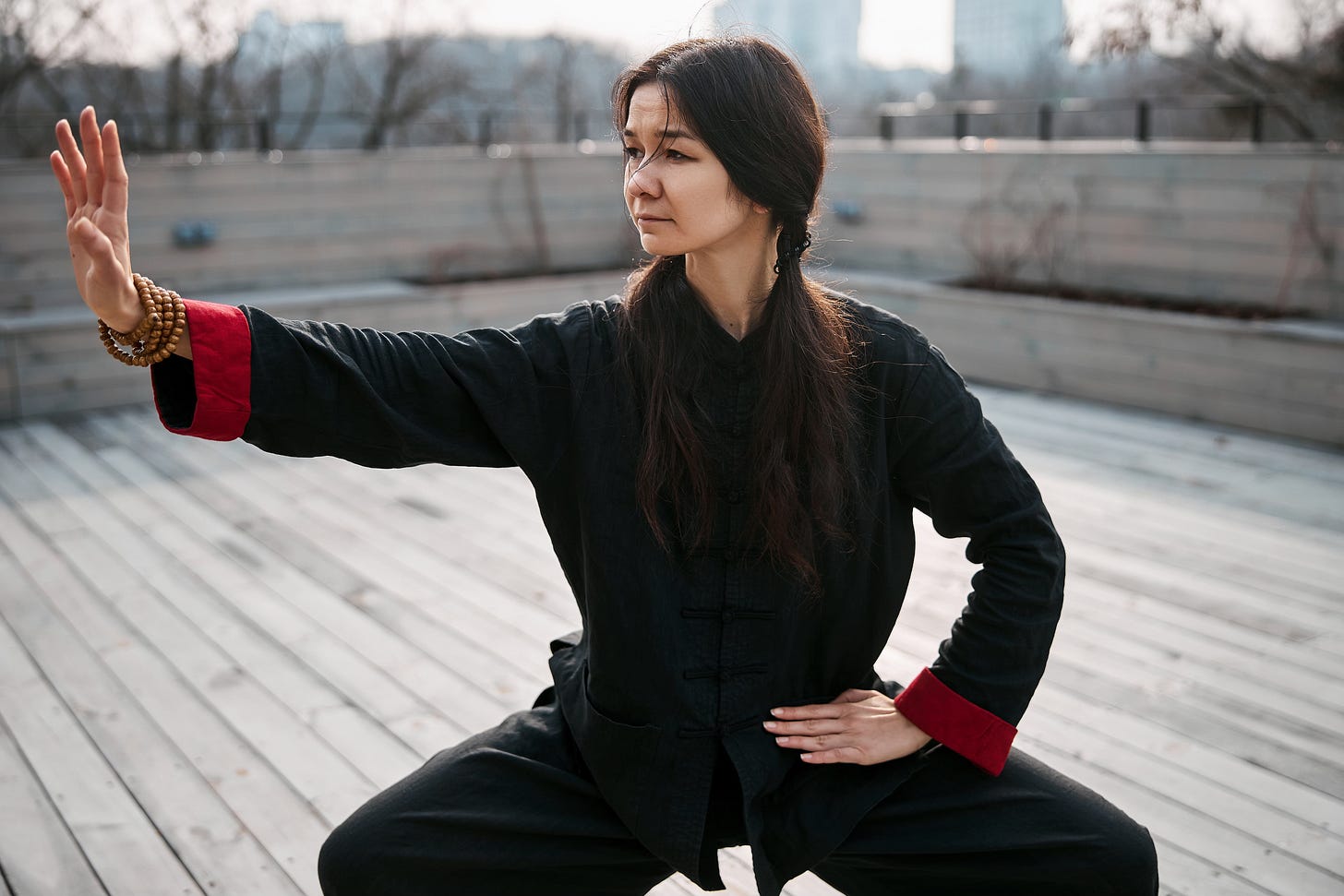Peer-Reviewed Research: Qigong and Cancer Care: Enhancing Quality of Life
The search for supportive care strategies in oncology has increasingly led researchers and clinicians toward complementary therapies that prioritize holistic well-being. Among these, Qigong—a traditional Chinese meditative movement practice—has garnered particular attention for its potential role in improving the quality of life (QoL) of cancer patients…



